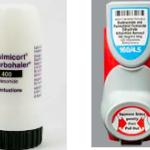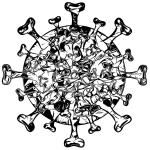COVID-19
Why it may seem a bit like knowing the number of angels dancing on the head of a pin understanding the relative amounts of virions and viral particles responsible for COVID-19 will provide some insights into “pandemic dynamics” and our immune resp
What should social media companies do to stem the spread of “misinformation” on their platforms?
Americans aren't all that eager to get COVID shots—at least that's the impression reporters gave us for months.
Why can’t a drug approved and used in humans for 35 years, with excellent safety margins, and 3.7 billion doses administered worldwide, and with almost uniformly demonstrated benefit in all stages of COVID-19 infection, get a decent day in court?&
The basic COVID-19 disease metrics are cases (positive tests, interpreted as infections) and deaths (death certificates). The headlines on cable news are usually national totals: 30+ million cases and 560,000+ deaths.
In recent months, the media has made a habit of heaping scorn on COVID conspiracy theorists and vac
It wasn't surprising when dexamethasone was found to be useful in treating severe COVID disease. One of the many puzzling symptoms of this "new" disease was an overreactive immune system and the inflammation it caused.
We now know that exposure to the virus and subsequent infection depends not only where you are but how you behave.












